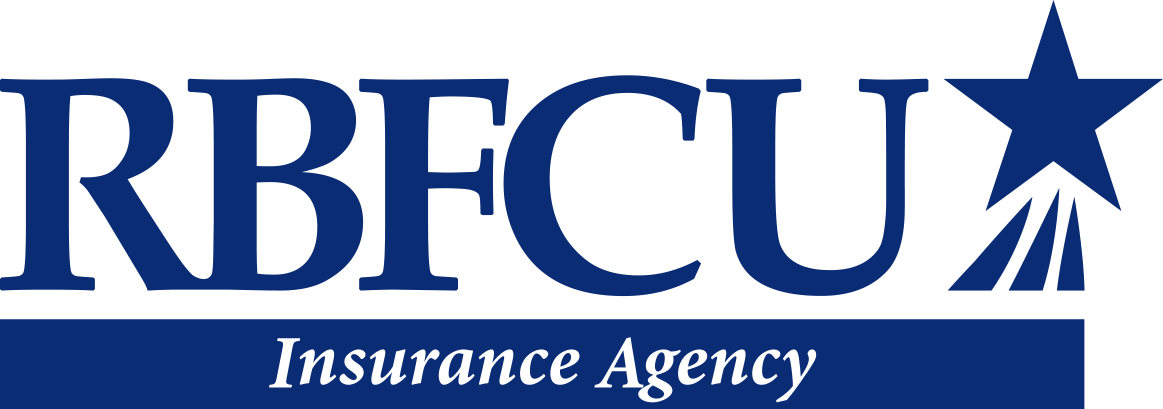Responding to Disaster: Damage from Wind, Tornadoes and Hail
High winds, tornadoes and hail can prove dangerous for people and property alike. In the event that you’ve experienced this type of severe weather, RBFCU Insurance Agency has tips on what to do next.
.jpg?sfvrsn=399db2a8_4)
Frightening. Dangerous. Costly. High-velocity wind and hailstorms can sweep through an area in mere minutes, leaving weeks’ worth of repairs and recovery for home and auto owners. Even small chunks of hail, given enough speed and volume, can create havoc.
Plus, since tornadoes, high winds and hail frequently occur in the same storm system, they present a real threat to property across a wide geographic area, especially during the spring and summer months.
Then there’s the potential physical harm these storms bring to humans and animals.
If you find yourself addressing damage from a minor or major disaster, trust that you have our compassion and concern. Again, we also have the following tips to share.
The role your insurance provider plays now
Whatever the origin of your immediate concern, your insurance provider — or the company to whom you pay money for your home, auto or property coverage — is there to help you navigate a disaster’s immediate aftermath.
From assessing the extent of the damage you’ve experienced to connecting you with people who can help you make repairs to your home or automobile, an immediate and direct call to your insurance provider is among the first calls you should make.
Alas, no insurance policy covers all conceivable disasters. In fact, it’s worth noting that floods resulting from serious storms are seldom covered without a supplemental policy, if available in your geographic area. This is another reason it’s important to speak with your provider directly to determine how they may be able to help, based upon the policy you currently hold.
Yes, although your insurance agent or agency may be concerned about you and your personal well-being, it’s your provider who will walk you through those critical next steps to address needed repairs.
» Tip: Need shelter, food or safe water after a large-scale disaster? Contact the American Red Cross1 and watch or listen closely to local media, which may have additional resources to help.
Claims and recovery
Again, in the wake of a disaster, it’s important that you call your insurance provider as soon as possible to determine what your existing policy will cover.
If you are covered for the disaster you’ve experienced, this call will help expedite your insurance claim processing and potentially speed up the repair and recovery process.
Note that, if a major storm has occurred, it may take time to connect with your provider. The sooner you call, the earlier you’ll be on the list of visits your claims adjuster must make. Don’t delay!
You also may want to:
- Take photos and videos of the damage. Do NOT throw anything away until cleared by your insurance adjuster, also referred to as a claims adjuster.
- Make temporary repairs, if possible, to prevent further damage or for safety’s sake. Refrain from making permanent repairs, however, before your claims adjuster has seen the damage.
- Keep a list of repairs. Save all of your receipts. Document every call you have with your insurance company. And don't forget to watch out for home improvement scams, too.
For additional disaster recovery tips, visit the U.S. Department of Homeland Security’s Ready.gov.2
Protect yourself from future wind, tornado and hail events
If you’re reading this article with an eye to protecting your home, car or other personal property from wind, hail or tornadoes, here are some forward-thinking actions you can take:
- Keep your yard and home exterior in good shape. Trim and remove debris that could become airborne in a storm. During peak seasonal storm periods, consider taking down and storing garden décor or furniture.
- Install a weather alert on your phone and heed guidance about watches, warnings and other weather emergencies.
- Secure exterior structures (e.g., carports, sheds) in ways that lessen the risk that they could come apart in a bad storm.
- Create a disaster plan that includes supplies (e.g., food, medicine) and clearly identifies a place where family members agree to meet, in the event you were to become separated.
- Consider creating a digital file that includes contact numbers, including your insurance provider(s). This can be a useful resource if a storm makes it difficult for you to access paperwork in your home or auto.
- Learn how to select and hire a contractor as well as how to spot a home improvement scam.
About us
At RBFCU Insurance Agency, although there are limits on what we can do to help you in the immediate wake of a disaster, we are here to help you explore insurance coverage options (including providers and rates) so that you may be better prepared for future events or accidents.
To learn more about auto and personal property coverage options, request a quote or have us review your policy today.




.jpg?sfvrsn=b6afb2a8_4)